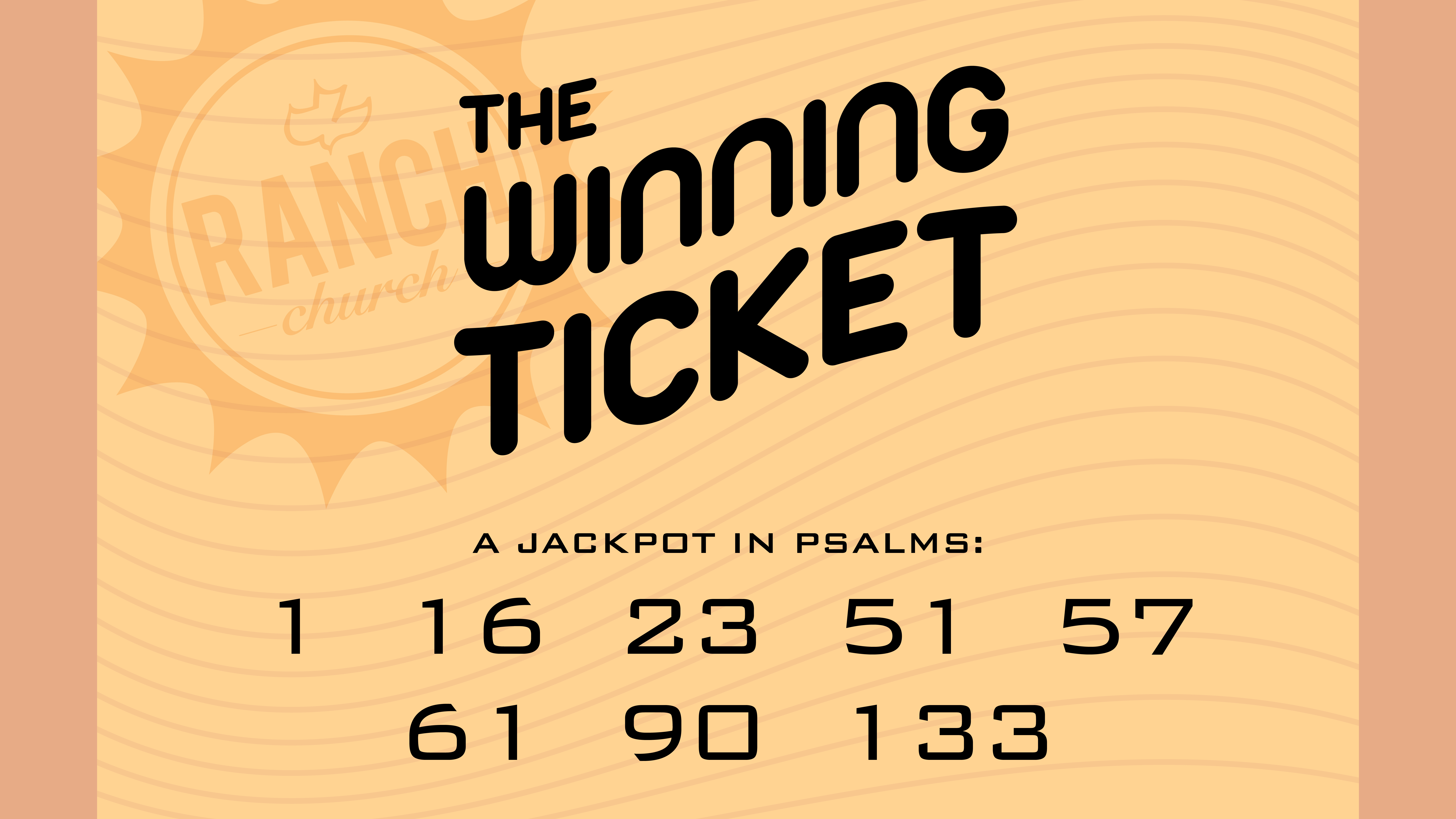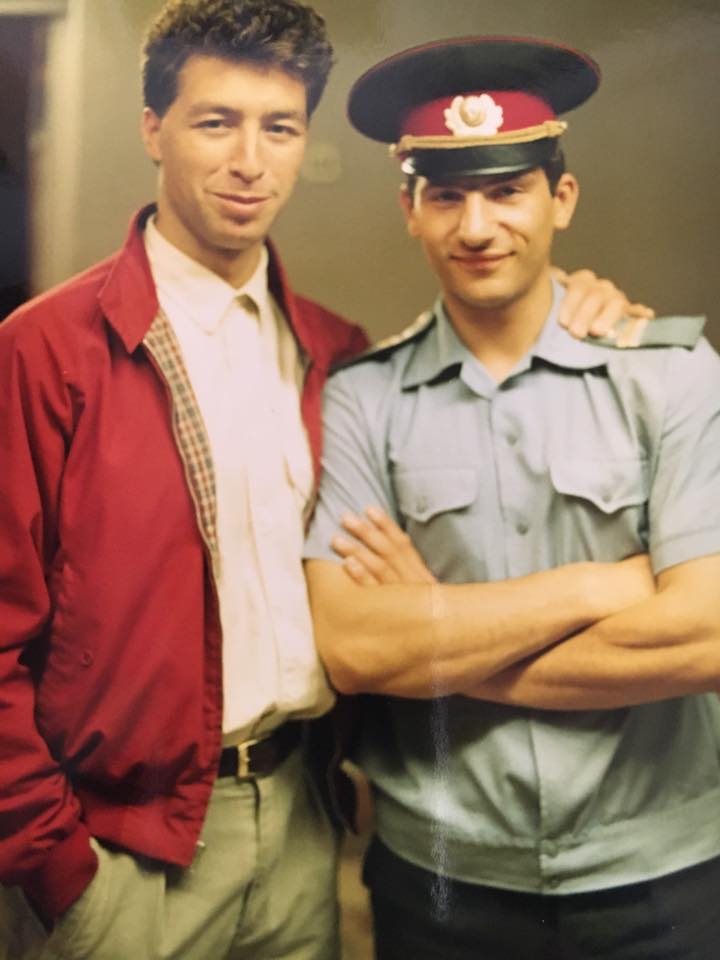*Jesus Is My Shepherd
*Nothing Else Matters
Little did King David know his words would stand the test of time.
Psalm 23 is arguably the best known words ever penned.
Psalm 23 finds itself in an interesting section in the book of Psalms. In Psalms David pours out his heart to God, but his circumstances are vastly different in each time. For example, in Psalm 21 David speaks of rejoicing in the strength of the Lord, but in the very next Psalm wonders why God has forsaken him.
The words of Psalm 23 are the words of an old wise man. No one young is capable of writing it. The Psalm is balanced in a way only a saint in winter can understand. It’s obvious David has experienced deep pyschological pain and loss, yet is free of bitterness, in truth, the Psalm testifies to a defiant joy.
The Psalm is full of reality, bathed in truth, yet full of hope and recovery.
King David is an old man. He remembers the godly shepherd boy of his youth—the victory over Goliath, his exile from Saul, and numerous military victories. He also remembers to let go of his depravity, murdering his most loyal and faithful friend Uriah, all for the sake of adultery, mistreating his first wife, the death of Absalom, and countless others who used him, did not have his best interests at heart, and kicked him when he was down.
Now winter has set in on King David, Solomon will take the throne, and Bathsheba will be taken care of.
And so the King pours his heart out to God.
v.1
The most important phrase is my shepherd.
The personalization is what matters most. Sheep possess a unique ability, shepherds train them to hear only one voice, which usually comes by a certain kind of whistling. When the shepherd moves, he whistles and the sheep follow.
David hears the voice of the Lord, follows it, and nothing else matters.
I shall not want is a way of communicating, I have everything I need. Few make it to such a place, but at the end of his days, David got there.
v.2
He makes me is a verb, makes is rabats in Hebrew, and means to crouch or lie down. Rabats is first seen in Genesis when the Lord speaks to Cain about sin crouching at his door.
David remembers his best days as a shepherd with the phrase still waters. Sheep for some reason do not like fast moving waters, something about the sound or the activity spooks them, they need a quiest pool in order to drink.
v.3
Most unique in all scripture is the deep and personal expressions found in Psalms. We are privileged to enter into the soul of people wrestling and walking with God. King David saw God restore him. If we as humans were to sit back and consider David’s sin, we would be justified in saying no way, no way a man like that ever leads Gods people again, and no way a man like that is ever used by God again.
But graces see things from a divine angle of love.
And so King David is restored. Notice he says nothing about his kingship, what mattered most was his soul, and being right with God.
After the soul is restored, paths of righteousness make sense, and so God led David down this narrow road, because God’s own name was at stake.
v.4
The aged king can now see the end of his life, a rare gift for any saint to receive.
He looks and says he is not afraid, an odd word to use given its original use. The word in Hebrew is yare, the same word Adam spoke to God in the garden. The Lord God asked Adam a simple question, where are you?
Adam’s response, I was afraid (yare).
David sees God and fears no evil.
It’s a shame the idea of rod and staff are so removed from modern life. Those who work with animals understand the need for the rod and the staff, the rod, a tool for discipline, the staff, a manner to comfort and guide.
Cowboys often strike a farm dog as a puppy in order to let the creature know the cowboy is in charge. Let me clarify, they are not beating the small animal, they are striking it to communicate a point. The cowboy then finds many different ways to comfort the dog as it grows. The rod and the staff principle is a fixed truth much like the law of sowing and reaping.
v.5
A table, as referenced by David, is a large festive event. I understand the phrase to mean, God’s justice is served, and because of Christ, everything works out in the end. David was a politician and a man of importance, not to mention a man of war. He had enemies, some were justified in their anger toward him, many were not, but he had enemies nonetheless.
The anointing would have meant something to David, his cry to the Lord in Psalm 51, was for the Holy Spirit to not be taken from him. He knew the only thing he had over others was the power of the Holy Spirit. Without anointing, a rock does not land on Goliath’s forehead, people do not sing Saul has slain his thousand but David his tens of thousands, and Jonathan never becomes his friend.
Without anointing, David has nothing.
At Pentecost, the Holy Spirit came with power to anoint all believers with equal power. Perhaps the great difference between David and modern believers is that David ran toward Goliath, while the modern believers often run from him.
God has chosen to humble those who oppose him, and to bring down those who oppose his children.
v.6
Heaven is a real place.
Heaven will be physical, we will have new literal bodies and live in a new earth.
And in a most interesting way, we will somehow live in dwellings, mansions according to Jesus’ teaching. The reality to heaven takes place when the prophetic clock of God winds down.




